On the banks of Lake Van in the heart of Northern Kurdistan (southeastern Turkey), where the lake’s waters meet the dark colors of the sky, one of the most remarkable stories in history arose. In an act of courage, faith, and tolerance, a cleric stood up to a superpower, challenging the norms and traditions that governed the destiny of lovers. Part of the Kurdish oral tradition, the story of Bishop Issa tells of the moment when he united two different faiths, fighting the forces of authority to protect a love that recognized no boundaries.
But what happens when one man’s moral courage defies the might of an empire—for the sake of love?
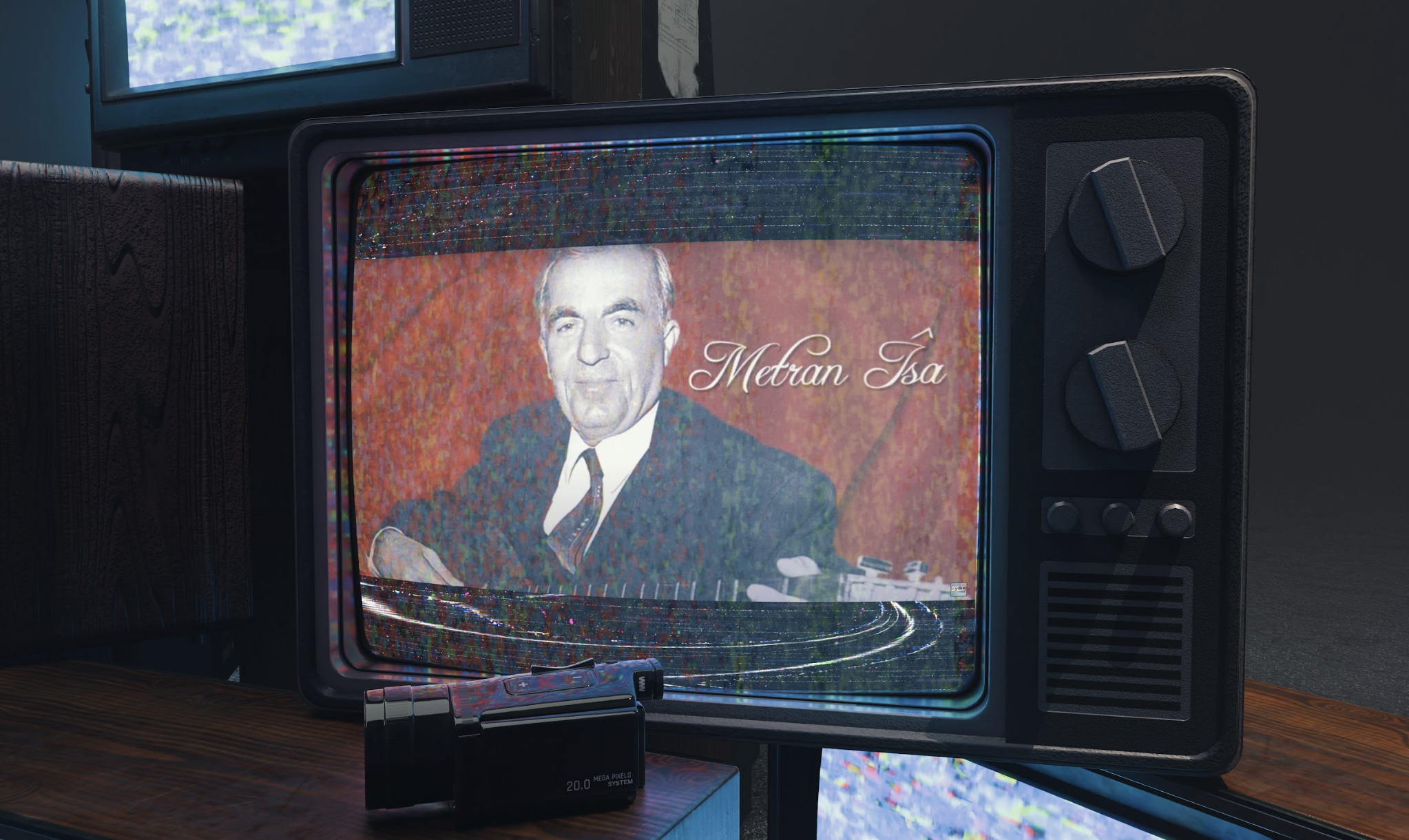
The love story
About a century ago, in the Kurdish city of Van, Ali, a young Kurdish Muslim, and Maryam, a beautiful Armenian girl, resisted the constraints of their time for a love that knew no walls or borders. Their love faced extreme difficulties in that era, when religious and social norms imposed strict divisions between faiths and communities. Despite these challenges, destiny could not stand between them.
When the Wali (Ottoman governor) of Van set eyes on Maryam, he was captivated by her beauty, asking her to come to the palace to be his wife. Maryam, however, was stuck between sadness and fear; after all, her dreams revolved around her love for Ali. As the pressure and threats mounted, she decided to run away with her lover.
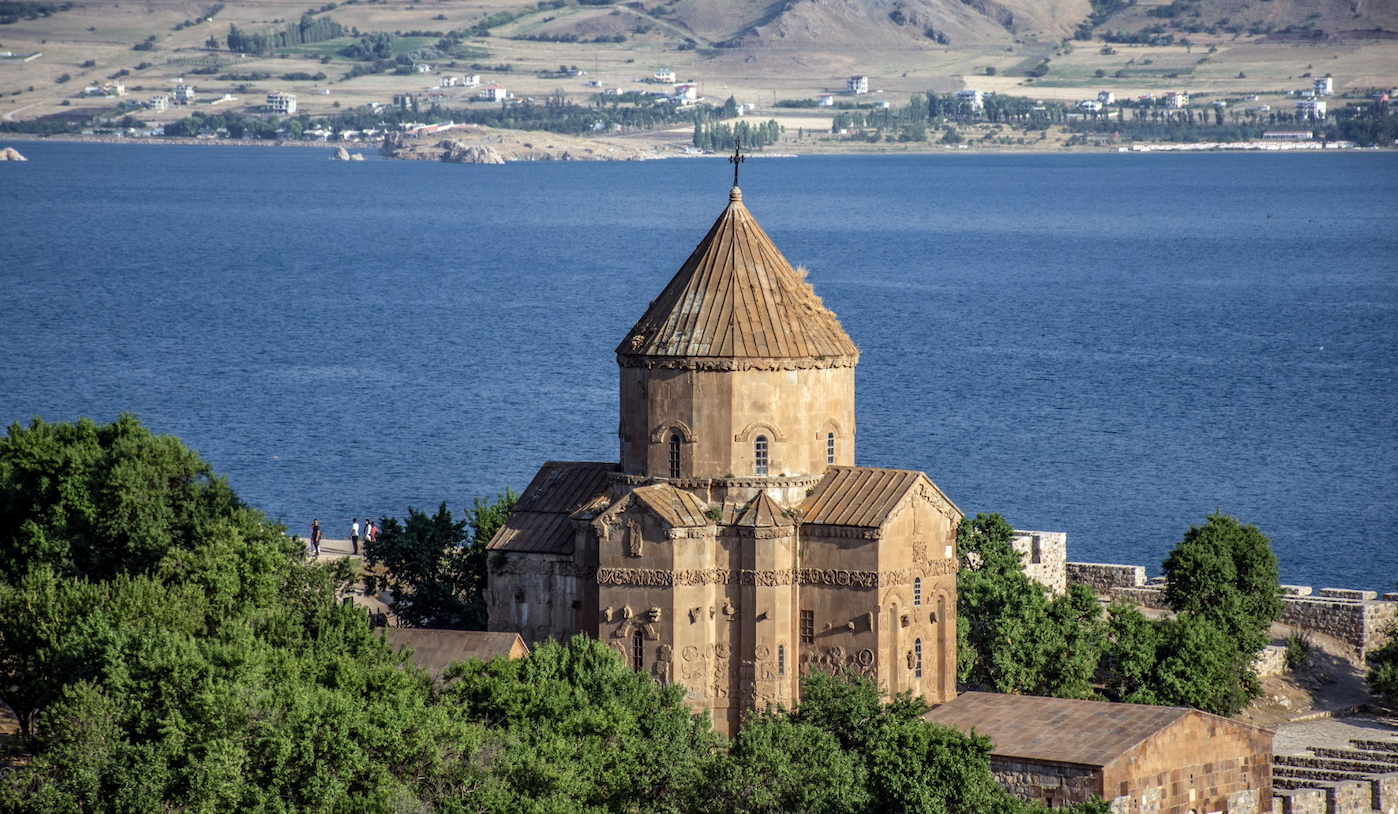
Escape to Akdamar Monastery
One dark night, the two lovers decided to escape their fate. They boarded a small boat and sailed across the turbulent waves of Lake Van until they reached Akdamar Monastery, where Bishop Issa, a man known for his wisdom and courage, was living. At that moment, their fate was in his hands.
When Ali and Maryam arrived at the monastery, Bishop Issa was fast asleep. Ali called out to him in a voice filled with tension and fear:
“Bishop, please wake up! I have done what no one has done before—I’ve kidnapped the Wali’s beloved. Help us. Marry us, if you will, in the Islamic faith. Otherwise, I’m willing to become Christian.”
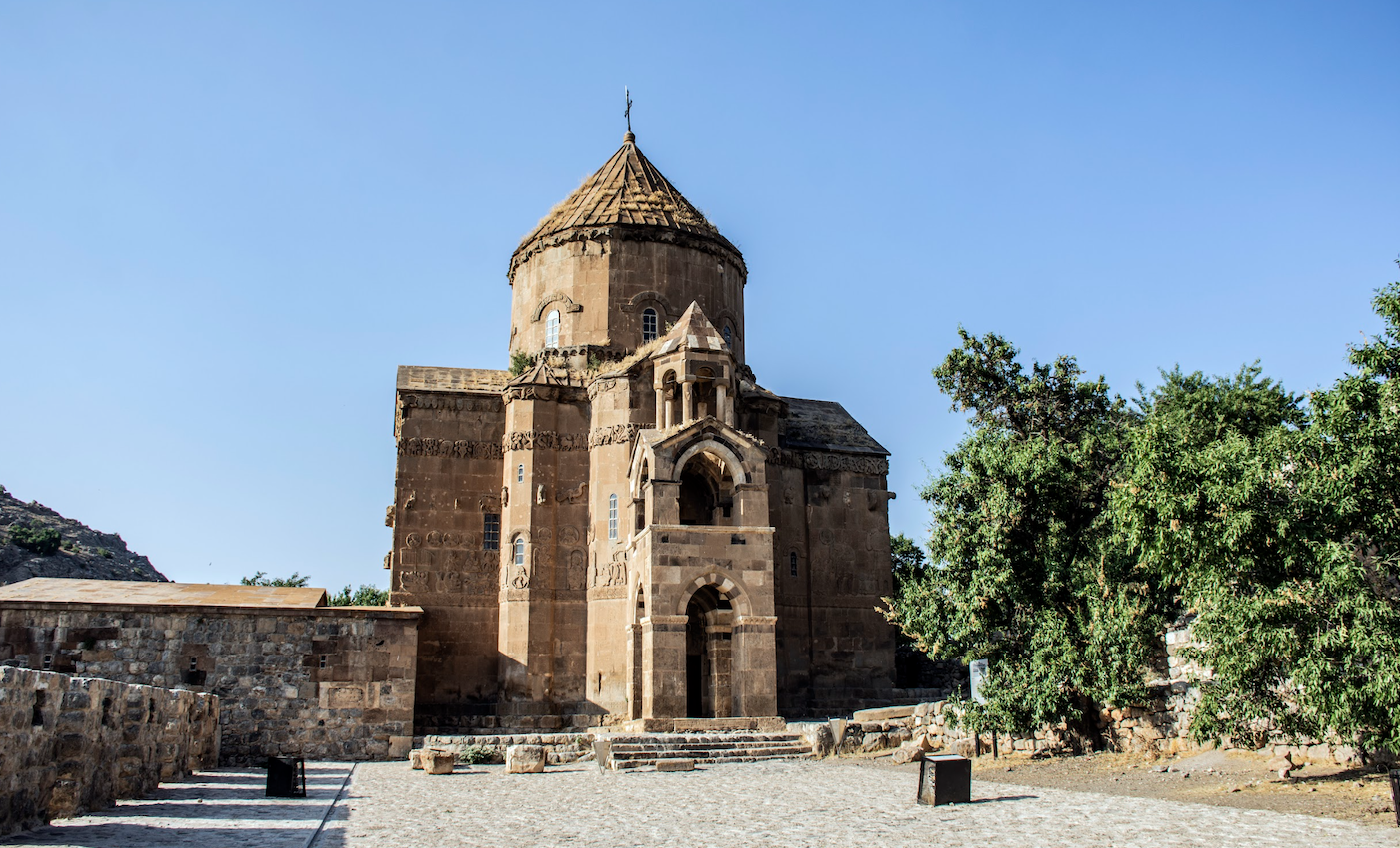
When the bishop awoke, he found himself stuck in a quandary: Should he obey the pressures of authority and shatter the lovers’ fate, or follow his consciousness and contravene his society’s norms and traditions? The Bishop thought for a while before responding:
“O Ali, you are not a sinner, and I will not abolish Sharia (Islamic law). I am not one to devalue the religion of Muhammad in the courtyard of this monastery for the sake of a girl you love. I will not let you abandon Islam.”
The bishop was not just a cleric; he held in his heart a faith that placed humanity above religious traditions and obligations. After a few moments of reflection, he said in a firm voice:
“I swear by the light of Jesus that I will not disappoint anyone who seeks refuge at Akdamar Monastery.”
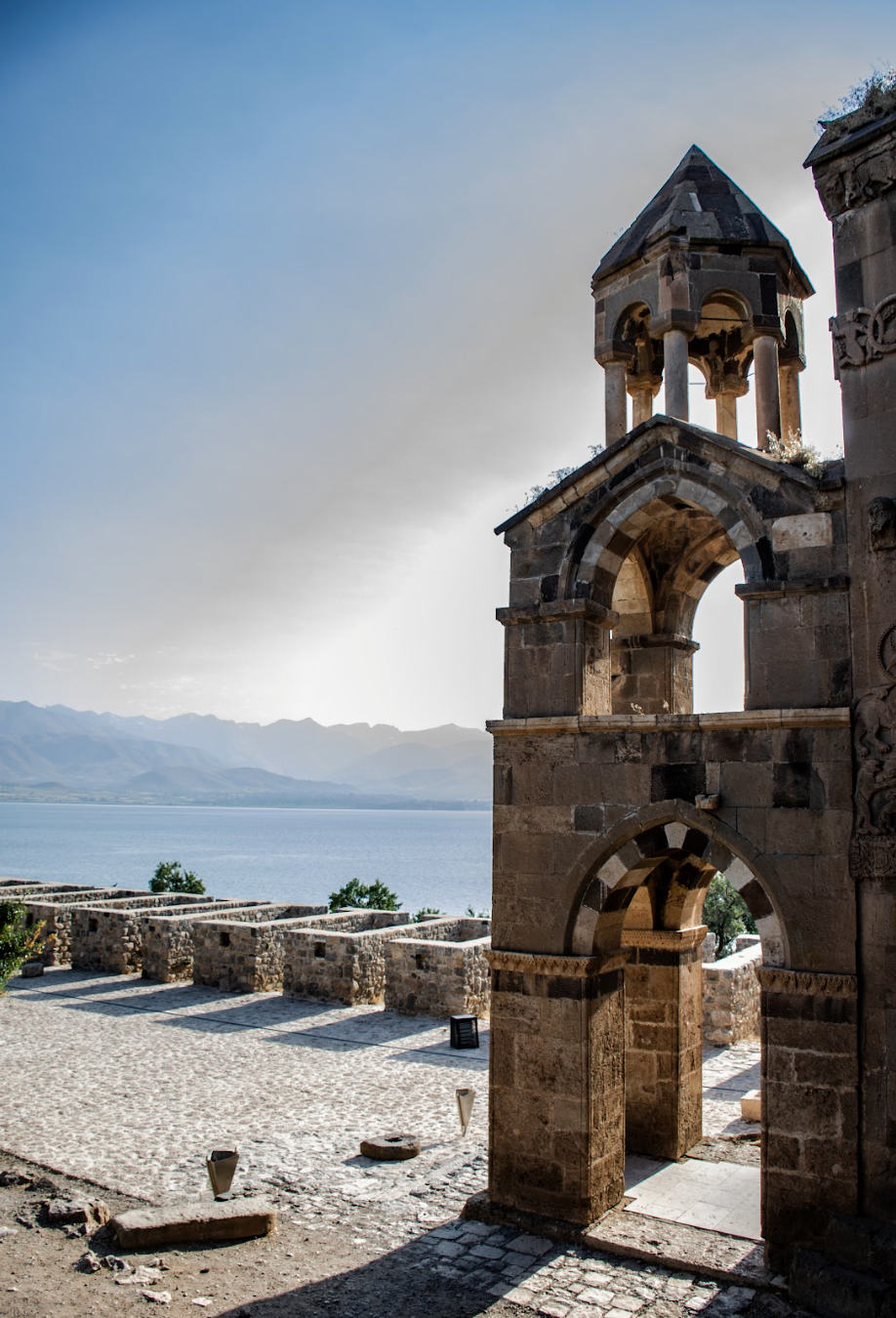
A steadfast defender
The bishop wedded Ali and Maryam, with Maryam converting to Islam. When the Wali learned of the news, he sent a letter to Bishop Issa, saying, “I saw in my dream last night a pair of doves entering the monastery. Hand Ali and Maryam over to me, and I will give you a thousand purses of gold.”
But the bishop firmly refused, saying, “I will not convert to Islam, and I will not insult the religion of Muhammad in my monastery.”
The Wali was enraged and sent his men to detain the lovers, but the bishop stood his ground, upholding the honor of the Akdamar Monastery.
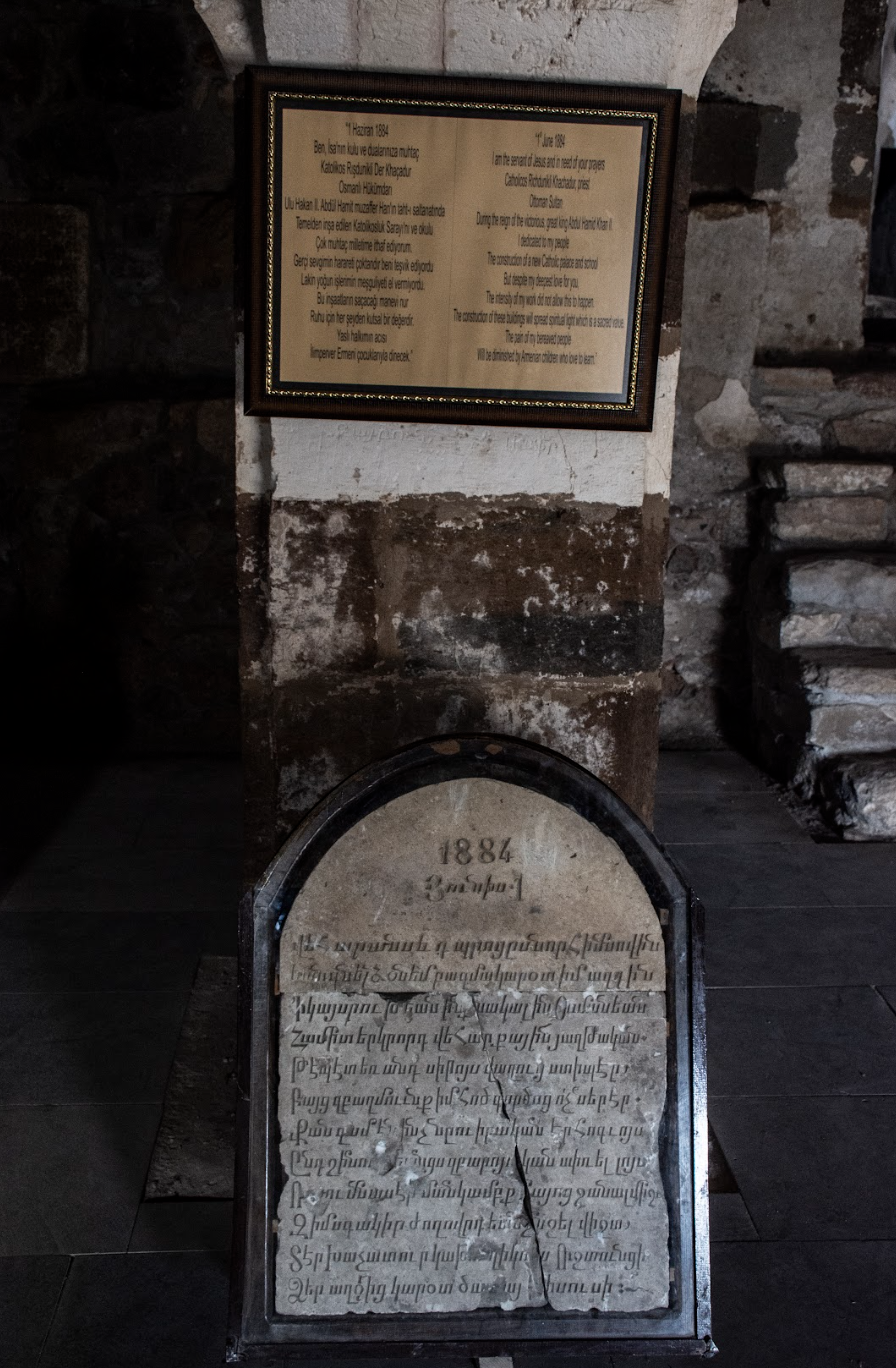
In a heroic stand, Bishop Issa confronted the governor’s authorities, refusing to let the law become a sword that blocked the path to justice. When the Ottoman Empire sent its soldiers to take Maryam from the monastery, it was not a mere threat, but a true confrontation between power and free will.
Knowing that his life might be the price, the bishop stood firm, believing that love and justice are stronger than swords and soldiers. He did not compromise his honor, becoming a symbol of resistance in the face of injustice, and his story became a legend passed down through the generations.
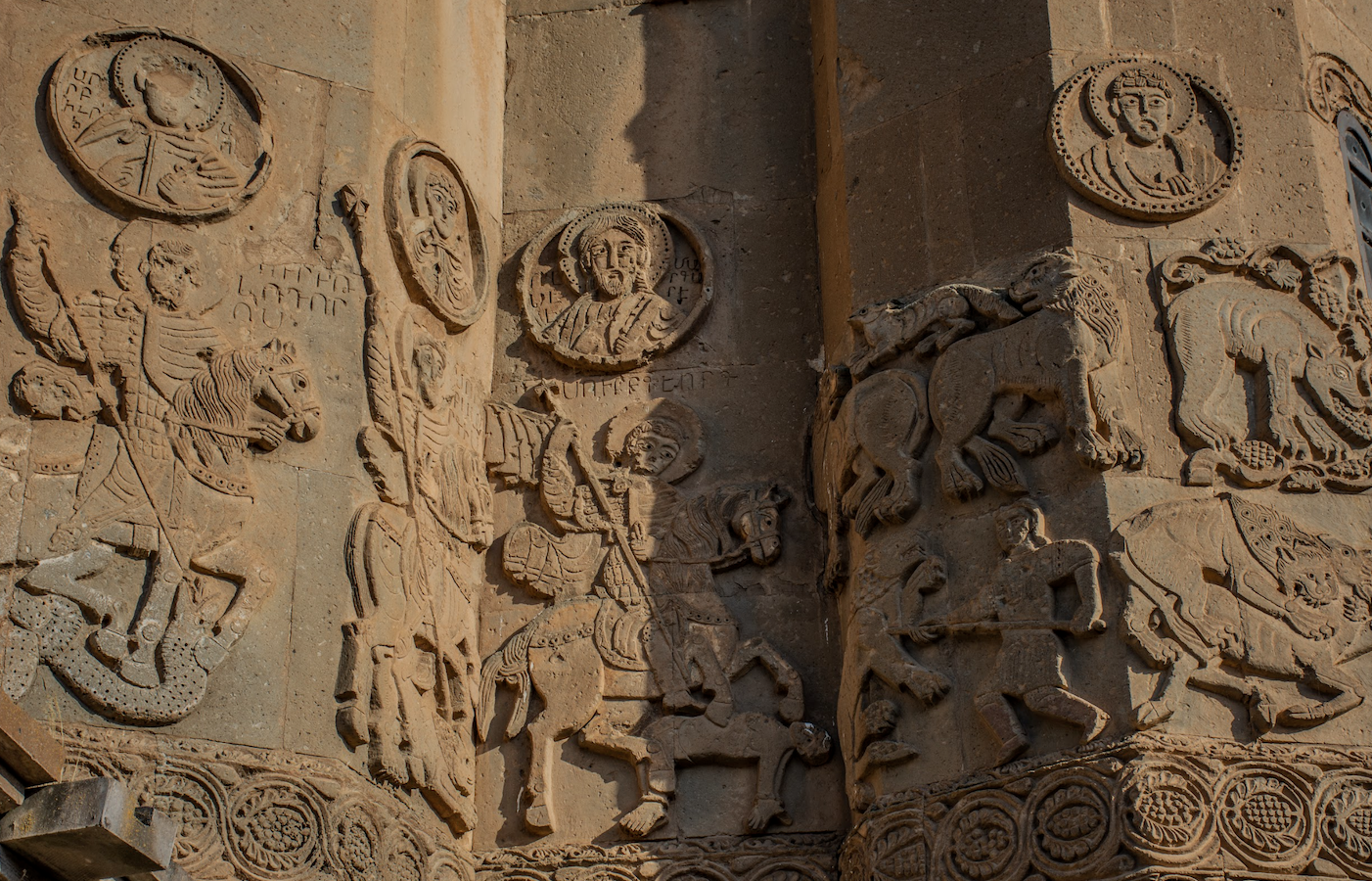
An immortal legend
The story of Archbishop Issa is not just a memory; it has become an enduring symbol of resistance and tolerance, immortalized through the arts across generations. In 1971, the renowned Kurdish singer Mohammed Arif Jazrawi sang “Armenian Archbishop Issa” in Baghdad, bringing the story to new generations. Other artists, such as Hassan Jazrawi, followed suit.
Today, the name of Archbishop Issa the Armenian remains dear to Kurds and all those who believe that courage lies not only in bearing arms, but in confronting injustice and adhering to love and justice forever.
Iman Asaad is a Kurdish journalist based in Erbil, Kurdistan Region.

